In any industry, as business grows and more organizations reach uncharted levels of performance and success, new efforts emerge to capitalize on the success of the overall industry. This is certainly not a bad thing; in fact, it is the basis for innovation, which most would agree is very positive. However, as most industries do not enjoy 100% elastic demand ( completely unlimited demand for their goods & services) these new efforts that emerge can cause business to shift from one entity to another, most commonly experienced in the form of market share.
By definition, the shifting of market share requires someone to gain share and someone to lose share, thus someone ‘wins’ and someone ‘loses.’ Those who win look at the circumstance as very positive while those who lose (even temporarily) of course see things in a negative light. It is from this negative light that those companies responsible for shift of business can also be seen negatively. An important example of this in today’s hospitality industry is the concept of disruption.
In our world today, Online Travel Agencies (OTAs) have been labeled as disruptors; make no mistake that this label is seen by most in our industry as a negative connotation. The hospitality industry as a whole generally views the concept of OTAs as stealing our hard-earned business and then charging us a higher margin or commission in order to receive that business. Clearly, this is a bad thing for any hotel owner or operator. It means that much of the business that we have historically either enjoyed, competed for, or both is now far more costly for us to receive. OTAs have reduced our profitability, therefore we’ve been trained that OTAs are evil, aka ‘disruptive.’
Not so fast. For more years than some of us would care to count, the business model for placing retail Transient business into our hotels has been quite simple; the retail customer would call us directly, call our branded 1-800 #, or could have their local travel agency book a room in our hotel at the rate that we establish. With the benefit of technology and innovation, this model has transitioned to what is known today in our world as “OTA Disruption.” OTAs have entered our booking space with a highly convenient and easy-to-do-business model, and have established a significant price premium (margin) for this model. This price premium, of course, is being borne by us, the hotel owners and operators, and we just plain don’t like it.
With this said, the simple fact is that OTAs actually offer advantages to some hotel properties, albeit at a higher cost of doing business. On Expedia or Orbitz, for example, an independent/non-branded hotel can potentially sift its way through the clutter of other independent as well as branded properties in its market to make itself more visible. Branded hotels can benefit as well, as it is undeniable that major OTA’s often control market share. The reality of this issue is that OTA’s essentially own plenty of customers who, while they may be very loyal to a particular brand or brands, simply find it easier to shop and buy on the OTA platform than on several different brand.com platforms.
These are tricky waters to navigate. No hotelier is willing to concede its traditional individual business booking model to the OTAs, nor should they. However, when markets are increasing in supply on an almost daily basis during this most recent cycle, one cannot deny the fact that these OTAs control a tremendous amount of this individual business. While we should continue to work to develop further loyalty from our customers so that they want to book us directly, we should also be more accepting of the fact that our first responsibility to ownership and management is to maximize the financial performance of our hotels. By virtue of the fact that OTAs are a proven tool to contribute to this maximization (market share !) we should accept their existence as a partner in our industry, and work as hard as we can to manage OTA business just as we manage all of the other segments that we work with.
If we don’t accept discounted Group business 365 days per year and we establish blackout dates for volume corporate accounts, there is no reason why we can’t better manage 17-25% margin OTA business as well. To cast the evil eye upon OTAs for their business model is a short-sighted strategy if our hotels are not consistently leading their markets in rate, occupancy, RevPAR and, most importantly, market share growth. OTAs possess major market share; it is our responsibility to understand them, to manage them, and to apply their business to our overall business plan in a way that ensures success for all.
The challenge to our industry is clear: OTAs are here to stay and are a major force; our opportunity lies in how we reinvent ourselves to capture more of this business when we need it most.

